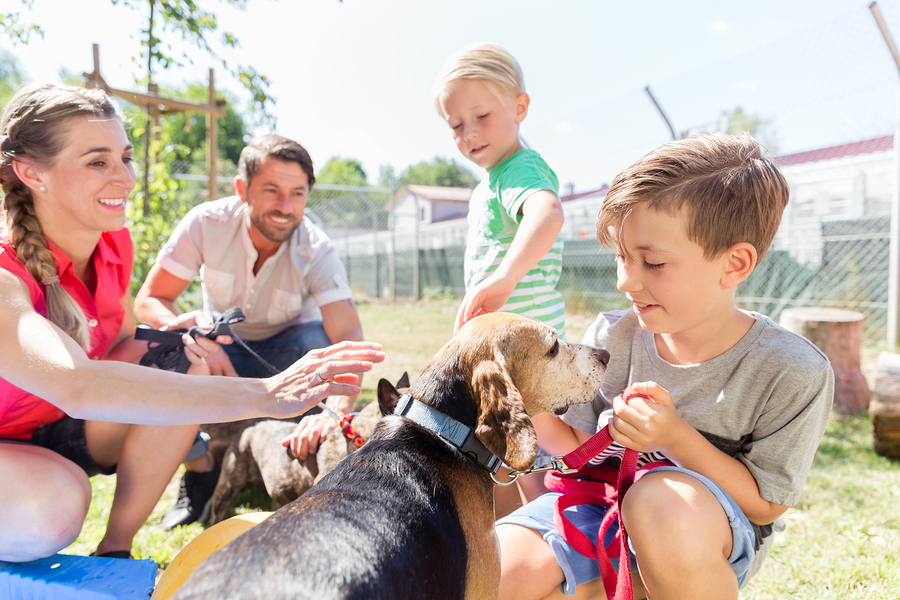Getting a new dog big decision that will bring about significant changes to your lifestyle. That’s why it’s worth planning for the costs of a four-legged friend, so you can adequately give them the care they need. Here is a guide on how to budget for getting a new dog.
Remember, being financially secure will allow you to invest in your dog’s health and happiness in the long run. So consider the initial and ongoing costs before you make your final decision.
Rescue shelters or breeders?
Whether you choose to adopt your new four-legged friend from a rescue group or from a responsible, reputable breeder, it’s important you consider that each option will require some different costs.
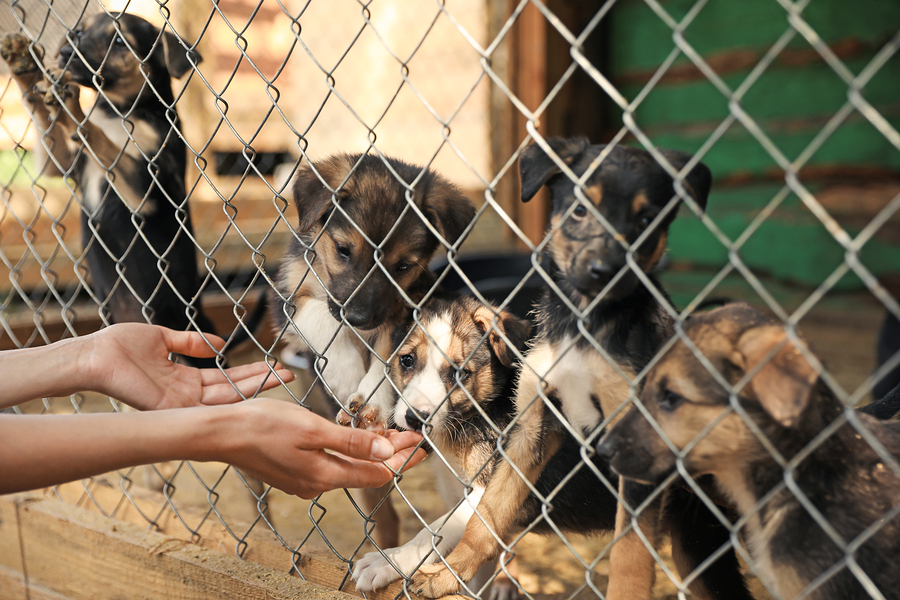
Many animal rights advocates nominate rescue groups as the best places to find a new pet. While these groups do great work, not all of them have the resources available to provide a uniform service for all animals across the board. Speak to your local rescue group and find out how much they can do for the dogs in their care as this will affect your budget.
When it comes to breeders, there have certainly been a few bad grapes in the bunch when it comes to the treatment of the animals in their care. That’s why it’s important to conduct diligent research when looking into breeders. There are plenty of breeders who go above and beyond to take good care of their dogs.
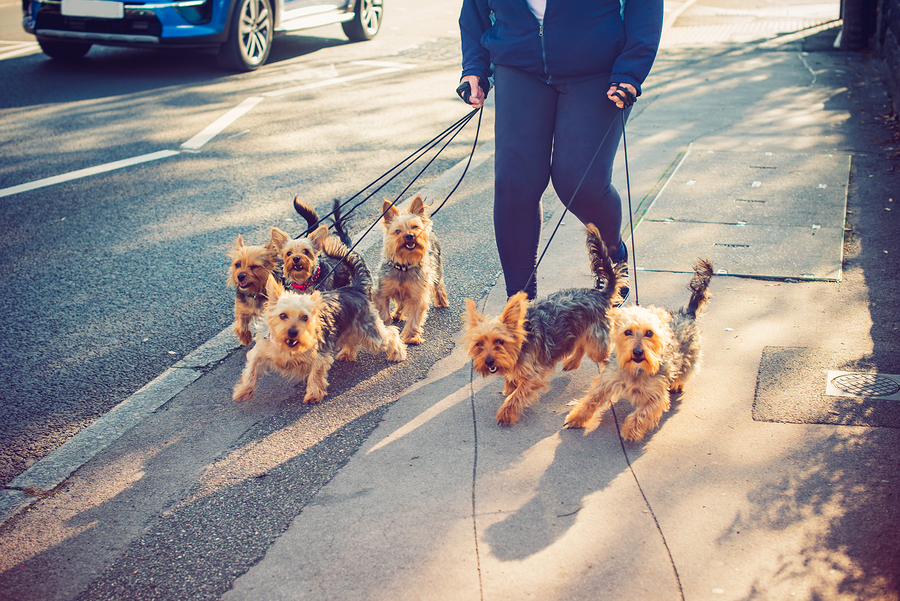
Owner and managing director of Banksia Park Puppies, Matt Hams, believes buying from a certified breeder allows for certainty when it comes to the puppy’s health, temperament, and behavior. Speaking to Dogs Life, Hams says “Ethical breeders perform tests on their dogs, such as DNA testing, X-rays of the hips or elbows for dysplasia-affected breeds and progeny tracking.”
Before taking a dog home, there are a few things to consider. Firstly, you should do your research on what type of dog is right for your family, and whether or not you’re going to bring a puppy into the family. Often, adult dogs are better for young families, as puppies sometimes like playing rough with small children. And even if they’ve come from another family, they’ll be just as willing to forge new bonds with new owners.
How much will a dog cost me?
Data from Finder reveals that owning a dog for 10 years will accrue an average cost of $16,500. This includes ongoing annual costs such as:
- Food: $800 to $1,000
- Toys and treats (including dental treats): $250 and above
- Regular worm and flea treatment: $120
- Annual health check-up: $90
- Grooming: $70 to $90
On top of this, the average cost of yearly pet insurance for dogs is $293 according to 2016 data collected by Animal Medicines Australia. The bottom line is, owning a dog is a financial commitment, so it’s best to be prepared—for their sake and yours.
Other factors to consider
Depending on the breed and personality, puppy training can cost around $170, although there are some councils and vet services that will offer free lessons. Just keep in mind that adopting a rescue-dog can sometimes add a few more levels of difficulty with training, so it might be worth spending more money for behavioral training.
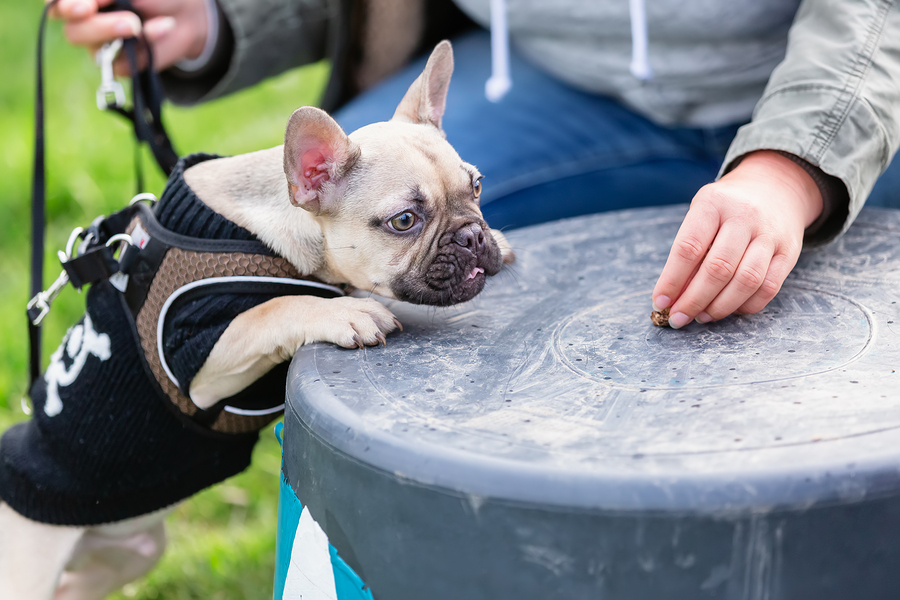
How much you pay depends entirely on the service and how much training your dog needs, but it can be anywhere between $200-$300 per session. In some cases, you might need to pay for psychological medication, particularly if your rescue dogs are anxious or traumatized in some way.
You also need to consider other health issues that may arise such as otitis externa, which is the most cited claim for pet insurance, followed by skin conditions and arthritis. Different dogs can be susceptible to different conditions, so do your research first.
Give your dog the support they deserve
Dog ownership is hugely rewarding. It can help you lead healthier and happier lives through companionship, security, exercise, and social opportunities. Having a dog in the family can also teach your children invaluable lessons in responsibility, routine, and empathy.
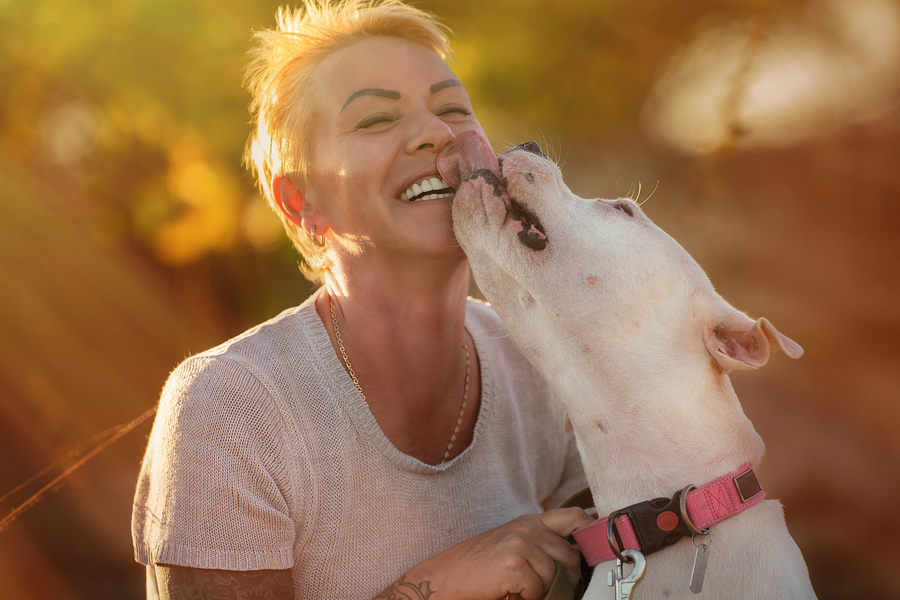
However, in addition to the initial cost of adopting a dog, there is a range of ongoing costs to consider. Most importantly, you should be financially prepared to give your dog the support they deserve. That’s why you’ll need to do your research and understand which breed is best for your lifestyle.

